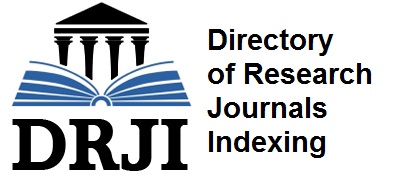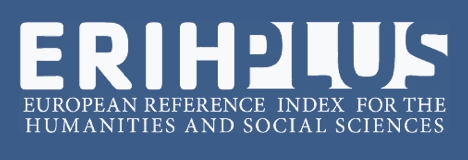Editorial
Abstract
Over the last few years, interest in the potential of social media for increasingpeople’s participation in public spaces and citizenship has gained momentum. In addition to use for sharing cultural, social and educational content, social networking has come to the fore in political contexts, especially during the 2011 Arab uprisings. Since then, their role in supporting civic participation and political/cultural change has been widely debated, with authors adopting contrasting positions. On the one hand, social media have been recognised as a technology that fosters a participatory attitude,supports civic engagement, and acts as a driver for young people’s participation: from discussion forums to the creation of wiki content, from sharing useful resources to using information in every field of life – education, politics, economy, society.

This work is licensed under a Creative Commons Attribution-NonCommercial 4.0 International License.
Authors who publish with this Journal agree to the following terms:
Authors retain copyright and grant the Journal right of first publication with the work simultaneously licensed under a Creative Commons Attribution-NonCommercial 4.0 International License.
This Journal permits and encourages authors to post items submitted to the Journal on personal websites or institutional repositories both prior to and after publication, while providing bibliographic details that credit, if applicable, its publication in this Journal.

















